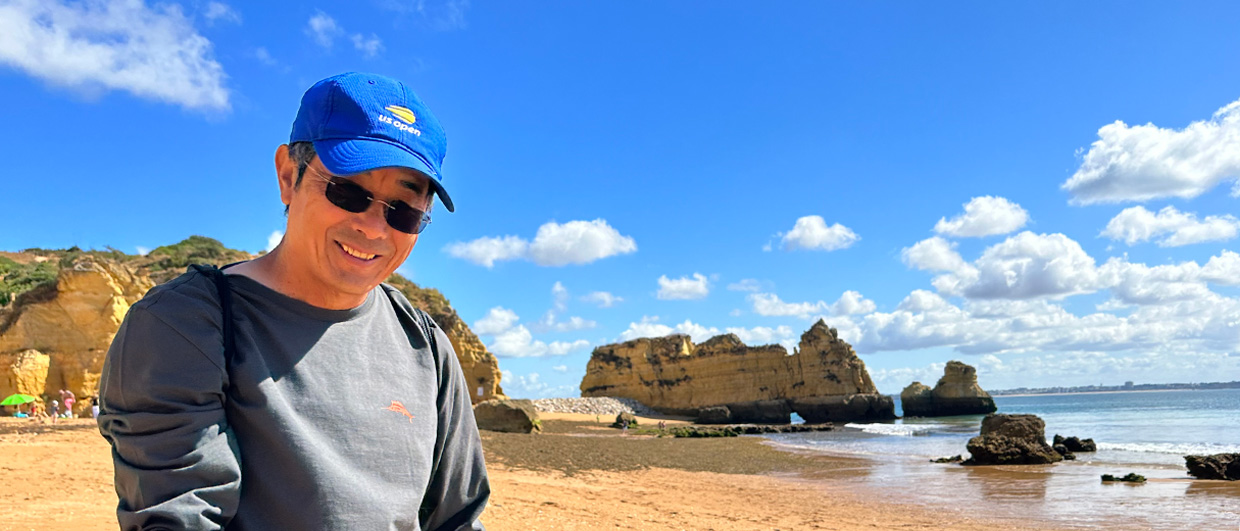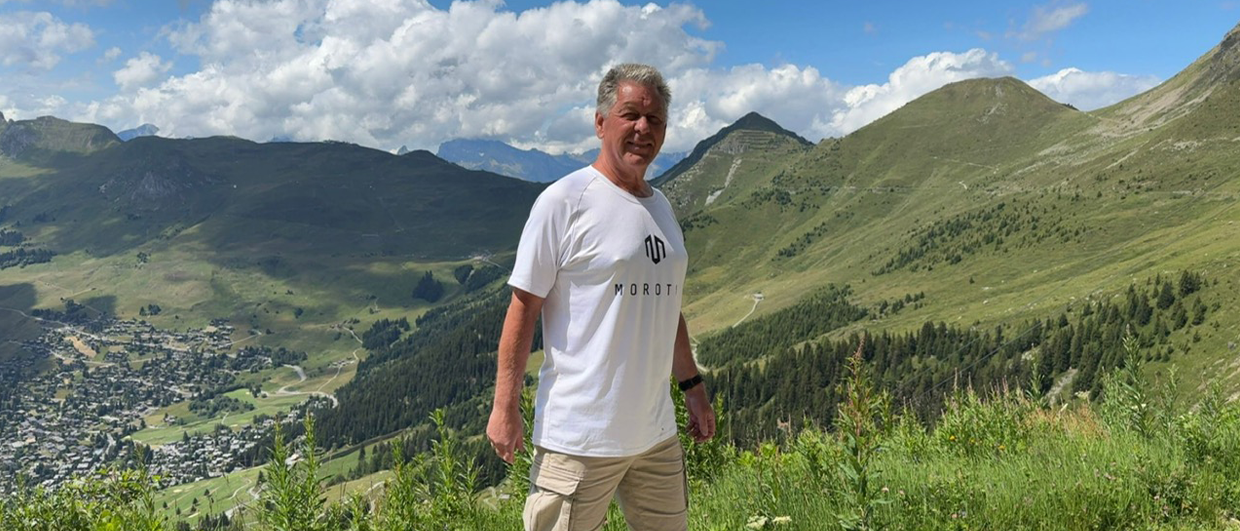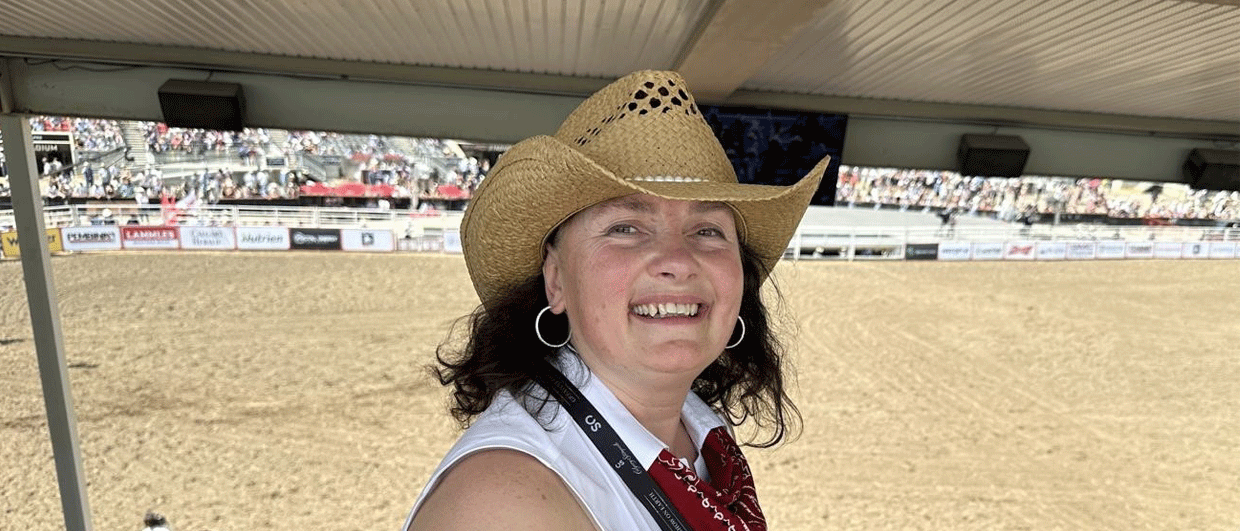When did you join the AAPG YP group and what prompted you to do so?
I was very fortunate early in my career to have been offered a chance to work in Perth, Australia. It was a brilliant opportunity but when I landed I didn’t know a single person and I was working with quite a small team. I joined AAPG as well as several local societies and instantly had access to a network of peers who fast became a great group of friends. When I came back to the UK, I wanted to do my bit to help build a society to provide others with this same experience.
What has membership of AAPG YPs taught you, particularly in your leadership role?
We have so much talent and passion within the YP and student communities. People’s willingness to engage with their job and professional community outside of working hours through networking, training and conferences is, I think, quite unique. It’s a testament to how much people just really enjoy their subject that they will happily head into London after hours to talk about rocks. That energy is an underused commodity (if you will excuse the pun!)
How do you see the industry evolving?
I think the distinction between ‘oil and gas’ and ‘renewables’ is fast becoming blurred and the term ‘energy provider’ is increasingly relevant, with many traditional oil and gas companies moving into renewables. Wind turbines power production platforms, and hydrocarbons fill in the downtime in the renewables sector. Additionally, the application of carbon capture and storage (CCS) could potentially create thousands of highly skilled jobs and go a long way to reducing the carbon footprint of the industry. This integration is only going to increase and hopefully pave the way for more sustainable business driven by a diversified energy portfolio.
What could it do better?
We need to get better at how we market jobs to young professionals. We have relied on a network of peer-to-peer recommendations and recruiters that worked well whilst we still had a solid graduate scheme pipeline, but when the pipeline of graduate scheme opportunities dries up, as it has over the last eight years, we are left with a recruitment system heavily geared towards experienced professionals with an established contact network and work history. This system does not work well for younger members who will not have the same network to access when looking for a position. Many excellent graduate positions are available through the services and consulting companies; however, a lot of these company names are unfamiliar to someone who is not established in the industry. I think we need to get better at communicating these opportunities or making them much more publicly visible.
How has the AAPG responded to these changes?
I think AAPG Europe has worked hard to broaden the scope of its content. The Energy Transition Conferences have been a great initiative to give a platform to geoscientists and companies working across the spectrum of energy providers. The geotechnical workshops also now include subjects like CCS and geothermal. As for the YP teams, we have really started to try and push more in the careers support direction. We actively look for opportunities that will suit our members and publish them and put together more career-focused content. The recent young professional conferences in association with other societies have again been unique in that they are organized by and geared solely towards young professionals.
What advice have you for student or early career geoscientists?
The industry is constantly evolving, and now more than ever is in a state of change. The desired skills change rapidly, so what may have worked before isn’t always the right thing now. Find what you enjoy – interpretation, coding, thin sections, or whatever – and do everything possible to be as good as you can be in that area. Take ownership over your training, find side projects to work on and training material to read and have fun getting really involved in your subject. If you are already in a company, find some data and see if you can work up a new story from it, for example. When the time comes that someone is looking for that skill you will immediately stand out from the crowd, plus along the way you will be doing something you enjoy.





